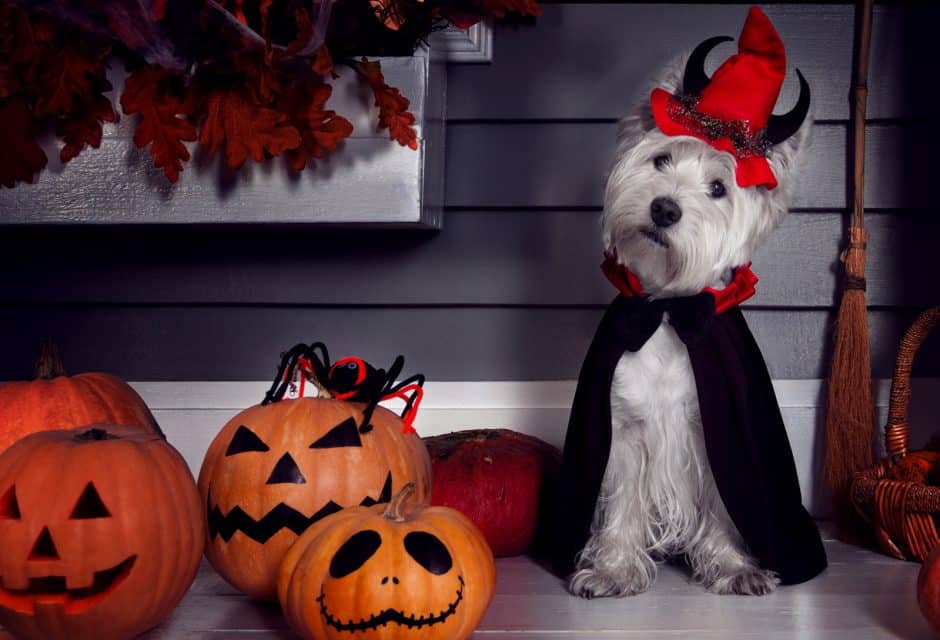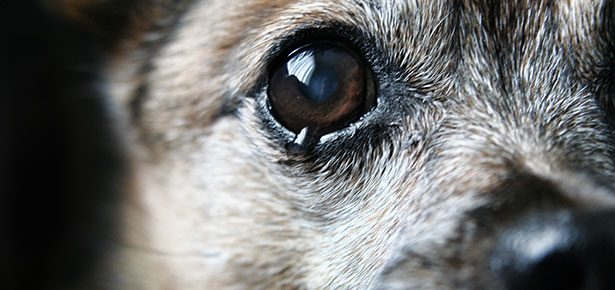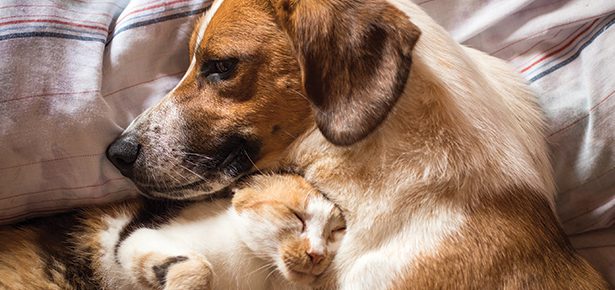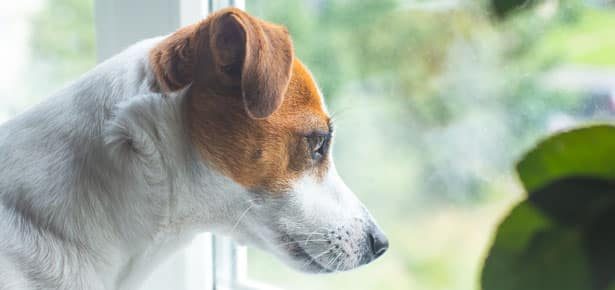
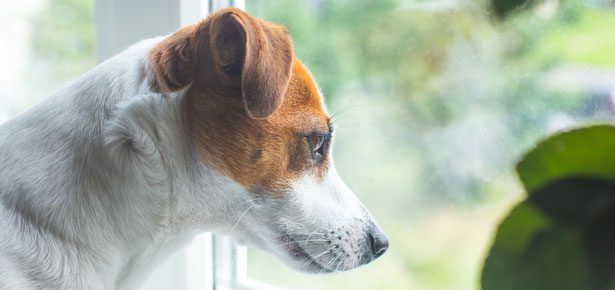
How to Sooth Separation Anxiety in Dogs
Expert tips for identifying and tackling separation anxiety in dogs
Q: My Collie, Sampson, suffers from separation anxiety. Do you have some quick tips to help me get my dog’s separation anxiety under control?—Anxious in Anaheim
A: If you think your dog has separation anxiety, it’s important to get an official diagnosis from a veterinarian. There is a difference between a dog that experiences stress when his family leaves the house and a dog with true separation anxiety.
Separation anxiety symptoms in dogs include:
• Drooling—you may find puddles of drool on the floor when you return
• Anorexia—dogs will not eat when you leave, even if you leave them a food-stuffed toy
• Self-injury—dogs will hurt themselves trying to get out of confined areas
• Destructive behaviour—you will find the dog has especially chewed or scratched around doorways or windows.
A veterinarian needs to make the diagnosis and determine if Sampson needs medication to help with his stress. The medication itself won’t solve the problem— it needs to be combined with behavioural modification.
Unfortunately, separation anxiety isn’t easily solved with quick tips. You really need a professional, reward-based trainer to help you. The trainer will help you work on reducing Sampson’s stress triggers.
Separation Anxiety Triggers in Dogs
When you leave the house there are things you usually do to prepare to leave, such as pick up your keys, grab your wallet or purse, put on a coat, etc. One exercise that can be helpful is for you to do those things throughout the day and not go anywhere, so that Sampson learns those actions are not always related to you leaving.
You’ll also work with the trainer to teach Sampson it’s ok to be left alone, starting with brief moments and gradually working up to longer times. Separation anxiety is hard on dogs and hard on their parents! With professional help it’s definitely treatable, so both you and Sampson can feel better about being apart.
Join the newsletter and never miss out on dog content again!
"*" indicates required fields
By clicking the arrow, you agree to our web Terms of Use and Privacy & Cookie Policy. Easy unsubscribe links are provided in every email.


